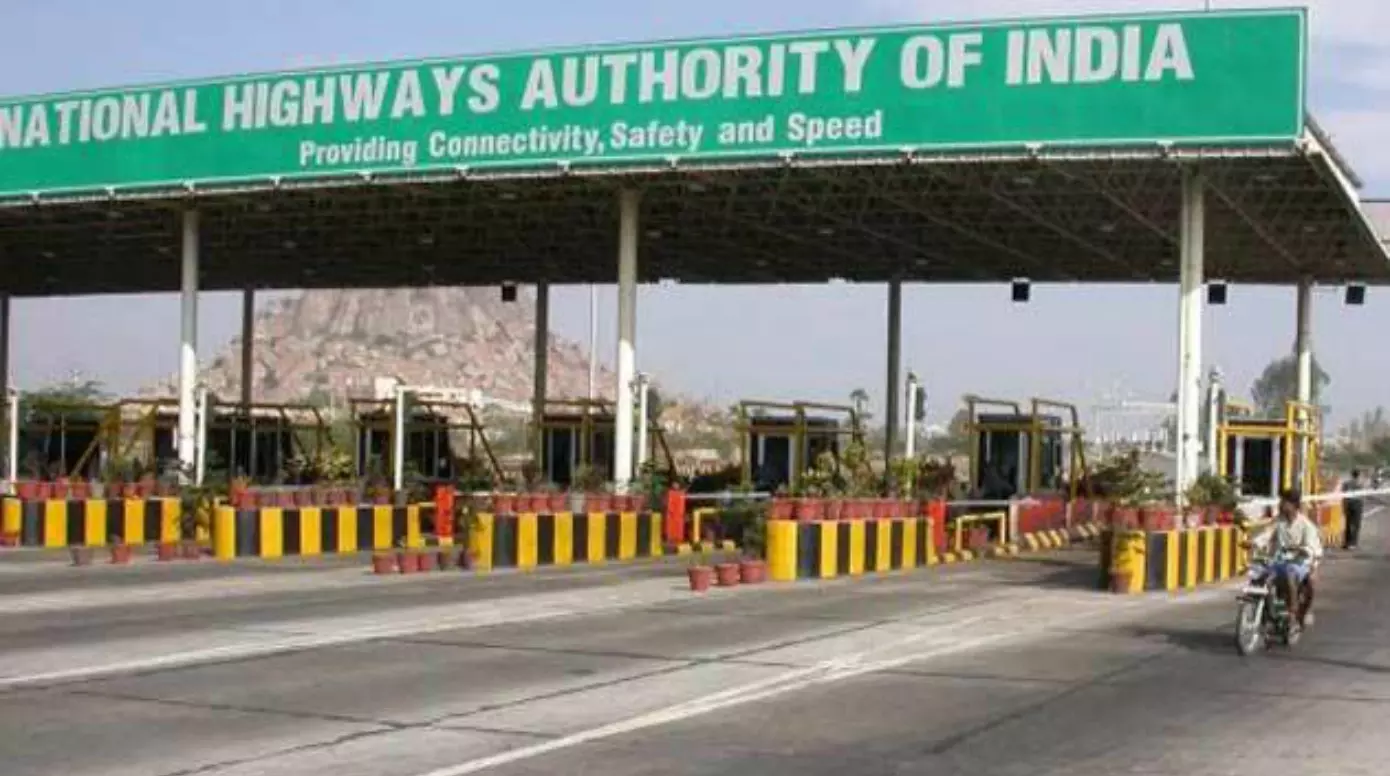So far as construction of new highways and widening, development and maintenance of existing highways is concerned, the Supreme Court has observed that "the National Highways Authority of India can be said to be best judge to decide which land to be acquired and which not to be acquired for the purpose of construction of the Highways".The bench of Justices M. R. Shah and Aniruddha Bose...

